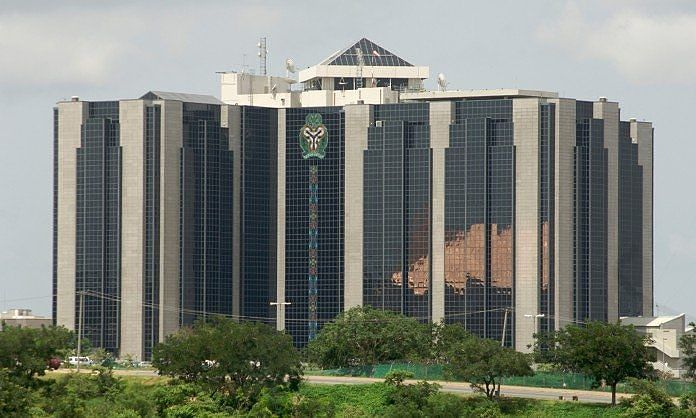On Monday, June 3, 2024, Nigerians were reminded that banks can collapse and close shop, after the Central Bank of Nigeria (CBN) announced the revocation of the license of Heritage Bank Plc, the first commercial bank to have its operating license revoked in the country since 2006.
The CBN in a press release on Monday announcing the revocation of Heritage Bank’s license said it had done so in accordance with its mandate to promote a sound financial system in Nigeria and in exercise of its powers under Section 12 of the Banks and Other Financial Act (BOFIA) 2020.
It noted that the revocation had become necessary due to the bank’s breach of Section 12 (1) of BOFIA, 2020. “The Board and Management of the bank have not been able to improve the bank’s financial performance, a situation which constitutes a threat to financial stability. This follows a period during which the CBN engaged with the bank and prescribed various supervisory steps intended to stem the decline.
“Regrettably, the bank has continued to suffer and has no reasonable prospects of recovery, thereby making the revocation of the license the next necessary step. Consequently, the CBN has taken this action to strengthen public confidence in the banking system and ensure that the soundness of our financial system is not impaired.”
Before the sudden demise of Heritage Bank, a bank that had resurrected the license of Societe Generale Bank of Nigeria limited (SGBN) on January 29, 2013, Nigerian customers have been become accustomed to commercial banks not suddenly closing shop.
Over the years from the time of the former CBN governor, Sanusi Lamido Sanusi to the time of Godwin Emefiele, the apex bank had strived to ensure customer confidence in the banking industry by ensuring that everything is done to ensure that no bank collapses.
Sanusi during his time as the CBN governor had gathered the heads of the country’s biggest banks together in Lagos and announced that a capital injection of N420 billion would be made in five institutions that had been found to be undercapitalised, with their management teams replaced.
Sanusi said he removed the heads of Intercontinental Bank, Oceanic Bank, Union Bank, FinBank and Afribank over poor decision-making which led to a raft of bad loans, the scale of which forced the central bank to make a N420 billion injection in the five.
A further forensic audit showed weakness in more banks leading to the sack and replacement of the executive management of Bank PHB Plc, Equitorial Trust Bank Plc and Spring Bank Plc. In August 2011, CBN revoked the licence of Afribank, Bank PHB and Spring bank and created bridge banks to take over their assets. Main Street Bank Limited assumed the assets and liabilities of Afribank Nigeria Plc, Keystone Bank Limited assumed the assets and liabilities of Bank PHB Plc; Enterprise Bank Limited has assumed the assets and liabilities of Spring Bank Plc.
This method had also been adopted by the Emefiele who preferred sacking boards and management of banks over closing up the banks. In 2018, the CBN under Emefiele had revoked the licence of Skye Bank transferring the liabilities, assets and management of the distressed bank to a newly licenced entity, Polaris Bank.
Meanwhile, following the revocation of the banking license of Heritage Bank the Nigeria Deposit Insurance Corporation (NDIC) has commenced the liquidation of the bank with immediate verification and payment of insured deposits to the bank’s depositors.
To be verified, the Corporation said, “Depositors of the bank that have alternate account within the industry will be paid up to the insured amount of N5 million per depositor using their Bank Verification Number (BVN) to locate their alternate account. While depositors with funds in excess of N5 million will be paid liquidation dividend upon realisation of the bank’s assets and recovery of debts owed to the bank.
“For the verification and payment of depositors without alternate bank account, the NDIC, urged them to “visit the nearest branch of the bank with proof of account ownership, verifiable means of identification such as driver’s license, permanent voter’s card, National Identity Card, together with their alternate account and Bank Verification Number (BVN) for the verification of their deposits and subsequent payment of insured sums.”
The statement by the director, Communication and Public Affairs of the NDIC Bashir Nuhu, noted that claims can also be filed online by visiting the NDIC website claims page. Depositors are expected to download and fill the claims forms and upload the required documentation.
Creditors are also advised to visit the nearest branch of the bank to file their claims or via the online platform. Please note that the process of payment of creditors will commence immediately after all depositors have been paid.





